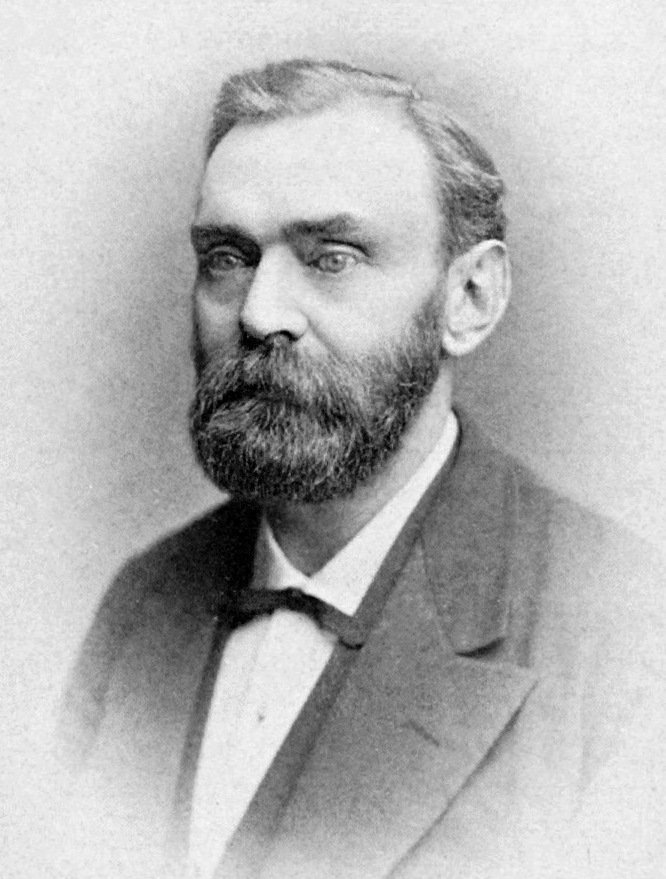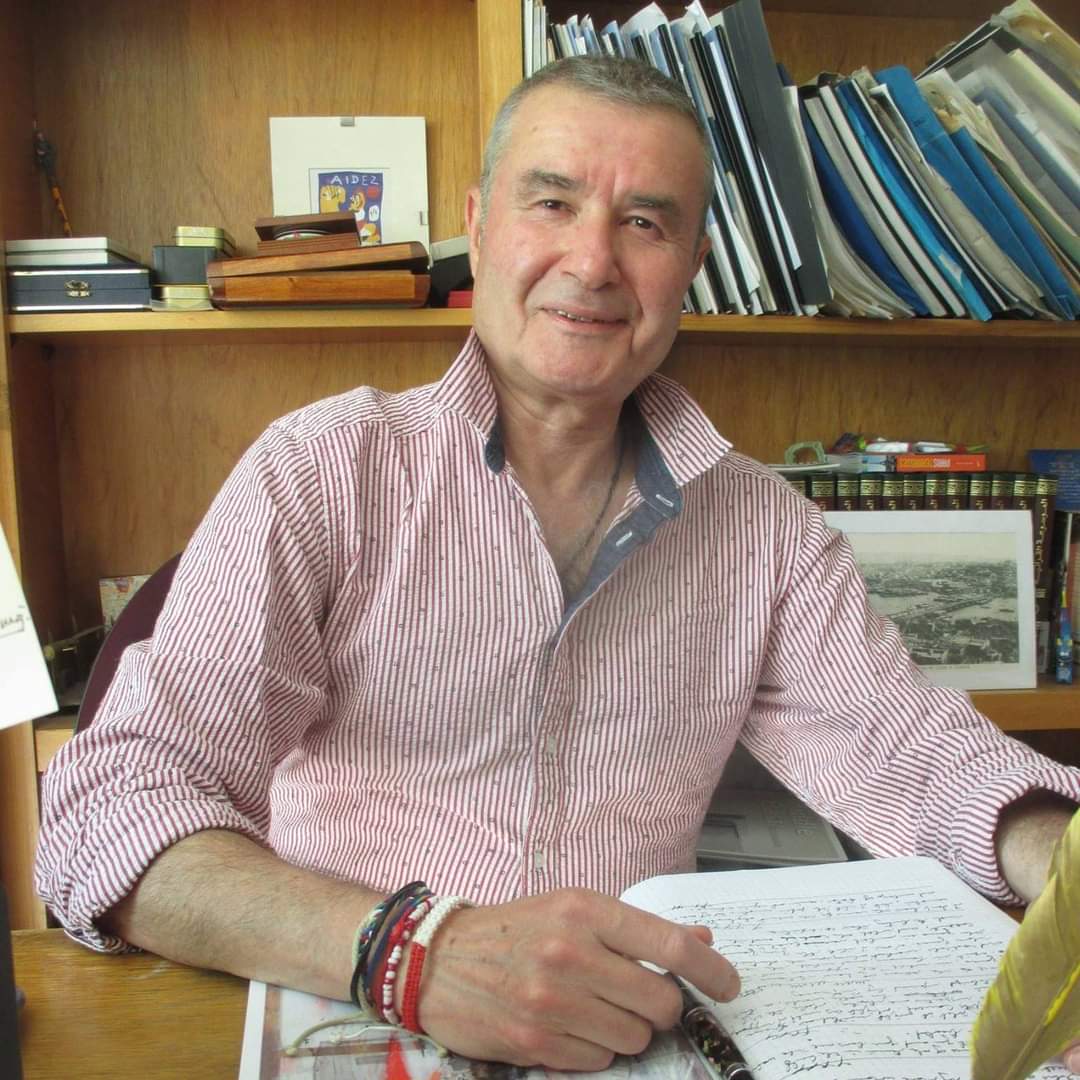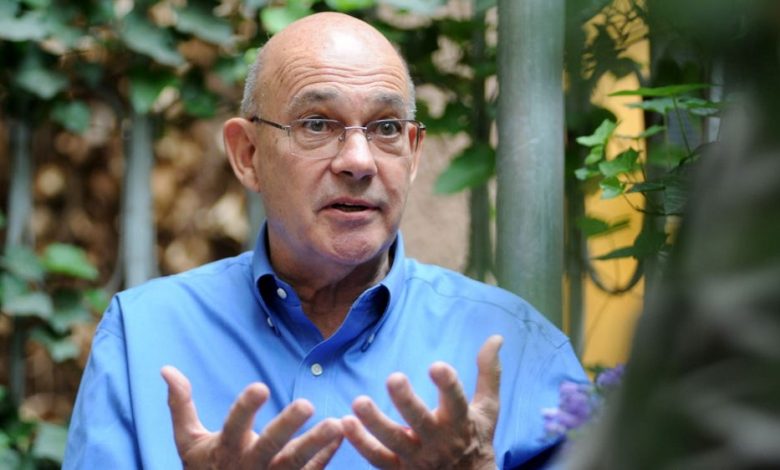Nobel: The Merchant of Death
By Saleem Ayoub Quna
One must really feel sad to discover that, he or she, has been used or manipulated for a long time by others who pretend otherwise! It will be much worse if one does not do something about it, afterwards.
This is I discovered when I accidentally learned more about the most prestigious international prize called the “Nobel Prize” in its five major categories: Physical science, chemistry, medical science, literature and peace.
This prize is well known worldwide for two main reasons. But we tend to focus on one and disregard the other. The first reason is the prize founder’s name, “Alfred Nobel”, became associated with the most important award man can aspire in modern times, in terms of money and prestige. It is the most prestigious and sought after award in the world!
The other less known reason, but nevertheless no less important, is that its holder’s name is the only one which is, exclusively, linked to the invention of “dynamite” in the late 19th century! That invention was a turning point not only in this man’s life or his country, but in the course of world history. Dynamite was first used to dig out tunnels, build dams, railways, open canals between oceans and so forth. Automatically, that helped, already advanced industrial nations in Europe, to develop and strengthen their economies and improve scientific achievements at home and abroad.
The invention of dynamite which is a kind of ammunition, gradually proved to be most profitable and rewarding enterprise for those involved in it. The appetite to use them became phenomenal to the extent that the number of humans killed, just after the historical invention, drastically surpassed all those who were killed, anteriorly, by other more conventional weapons or natural disasters. The whole issue later became an integral part of manufacturing military hardware which kept developing and expanding until the world reached the era of “weapons of mass destruction” that is causing all the pain and trouble facing people everywhere on this planet since then.
While this multi-faceted tragedy and drama is going on, many people around the world, especially among the cream of the cream strata of scientists, intellectuals, inventors and leaders, and they are in the thousands, working independently or for famed institutions, are counting the days and hours, to see their names, at least, nominated for one the five categories prize, without the slightest effort on their part to know the original story behind all of this big historical farce.
A second turning point in the life of Alfred Nobel took place in 1888. That year a brother of his with the name of Ludwig who was visiting the city of Cannes, south of France, passed away. Alfred had five brothers. A local French newspaper, taking Ludwig for Alfred, picked the news and ran a report on its front page with a dramatic title: “The merchant of death died”!
When Alfred read the paper he was upset. He started contemplating ways to redress this personal dilemma and re-polish his tarnished reputation. It was not until 1895, i.e. seven years after he was described as merchant of death, and just one year before he died, that he decided to include in his will a paragraph that detailed the criteria and conditions of specified financial rewards under a special fund called the “Nobel Prize”, to be granted to all candidates, regardless of their nationality, religion, color or ethnical background. In that year, Alfred’s business empire included 90 operating factories of dynamite and ammunition scattered around the world!
However, the first award distributing ceremony did not take place until 1901 in Stockholm on the 5th anniversary of his death.
Among the hundreds of nominees for the different categories of the award and since its inauguration in 1901, the Nobel Prize was declined by two candidates only: A Vietnamese politician and negotiator named LE DUC THO who was nominated along with no other than Henry Kissinger, to share the Nobel Peace Prize, saying that he did not deserve it because peace was not achieved in Vietnam yet at that time in the year 1973.
The second candidate who declined the prize for literature was the French philosopher and writer Jean-Paul Sartre, saying that he always declined official honors.
Conclusion: Trying to be nominated for the Nobel Prize especially for “Peace”, let alone accepting it is not so different from believing in fake prophets or opportunist politicians whose actions and deeds categorically contradict their preaching and teaching. I have no illusion that any of those who genuinely work for peace on this earth, but “circumstantially” get nominated for the Nobel Peace Prize, will one day, refuse to be trapped in this silk web!
This opinion was especially written for Crossfire Arabia by Saleem Ayoub Quna who is a Jordanian author writing on local, regional and international affairs and has two books published. He has a BA in English Literature from Jordan University, a diploma from Paris and an MA from Johns Hopkins University in Washington. He also has working knowledge of French and German.








